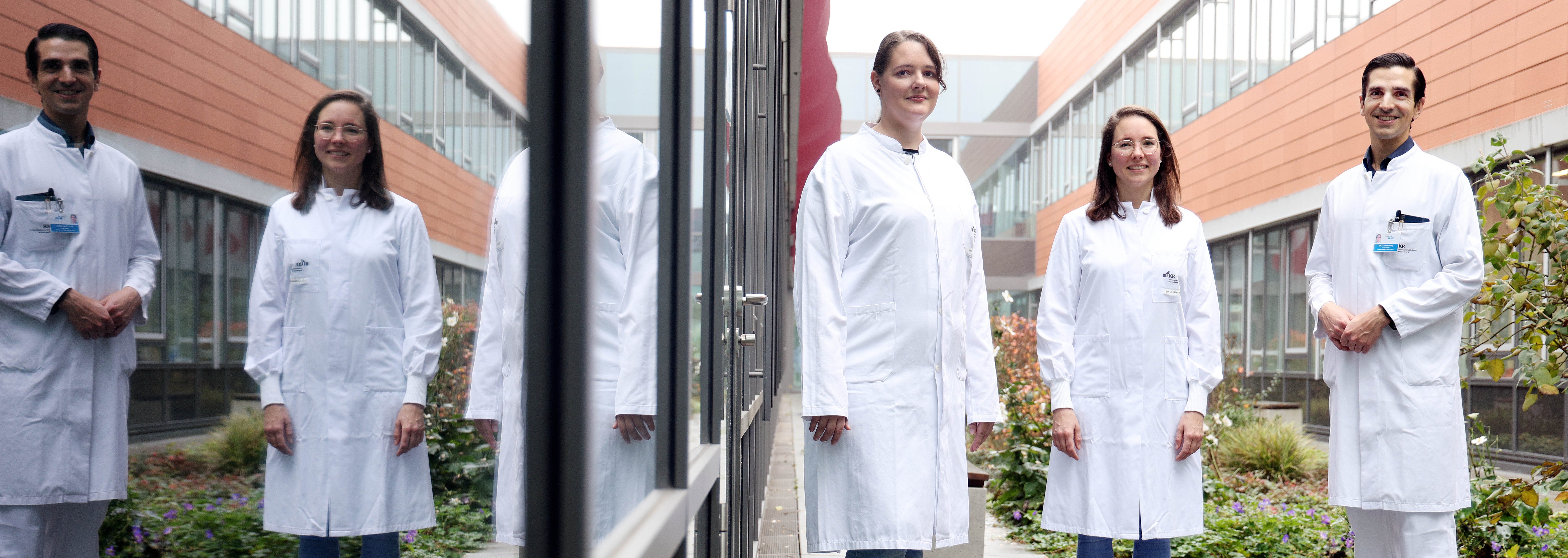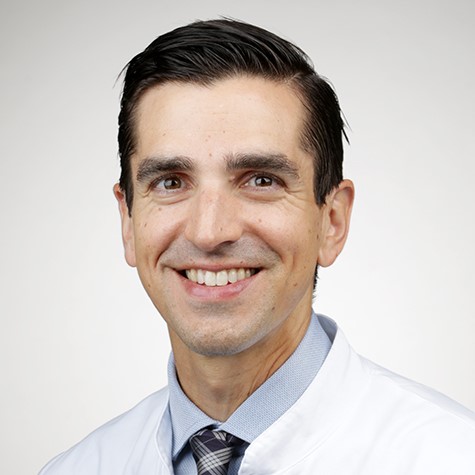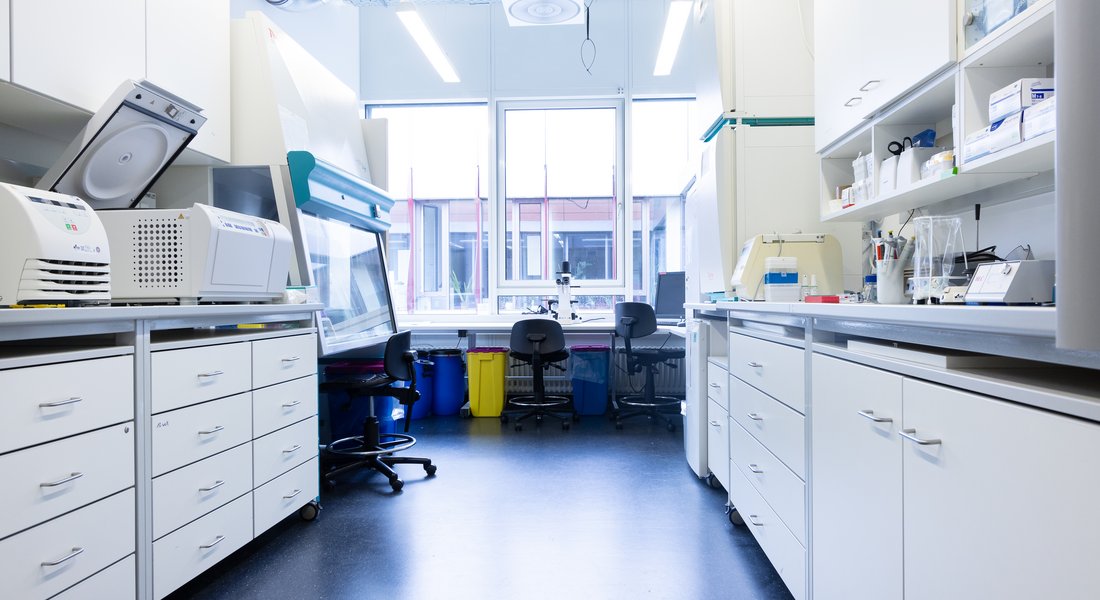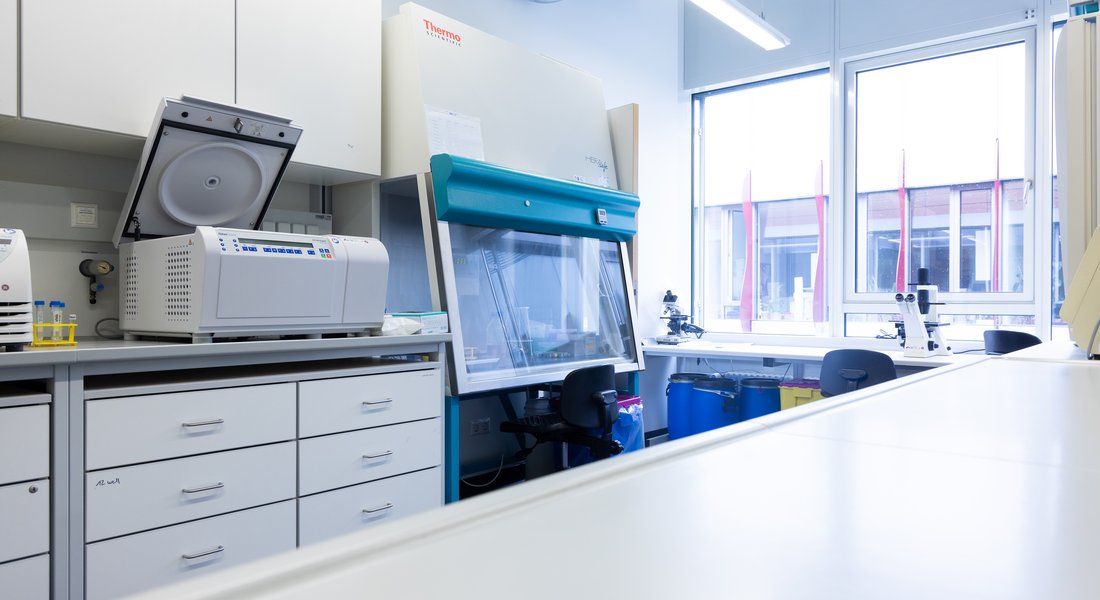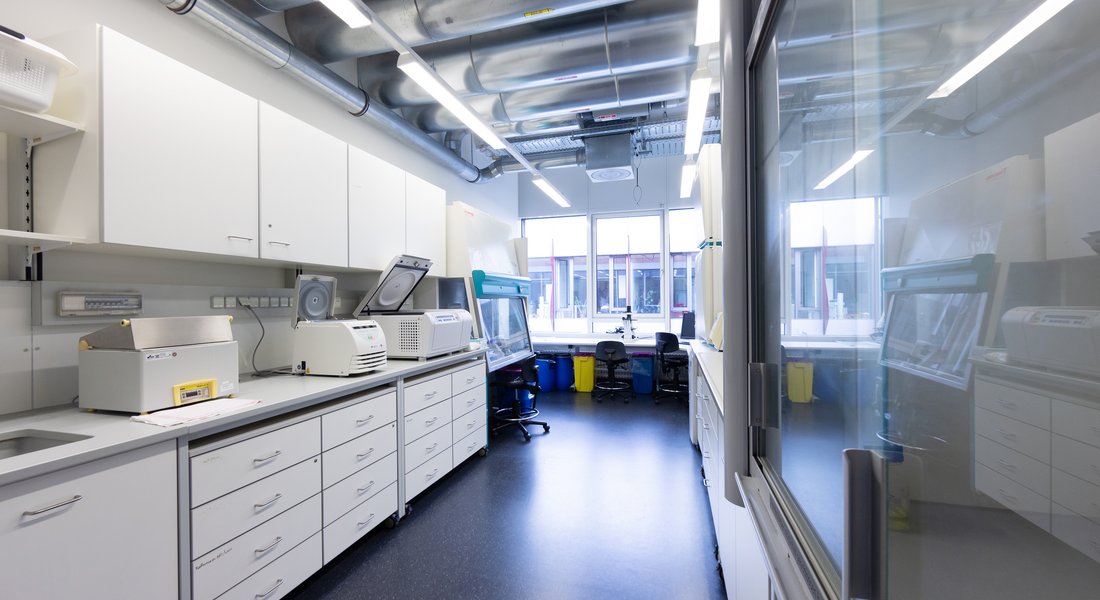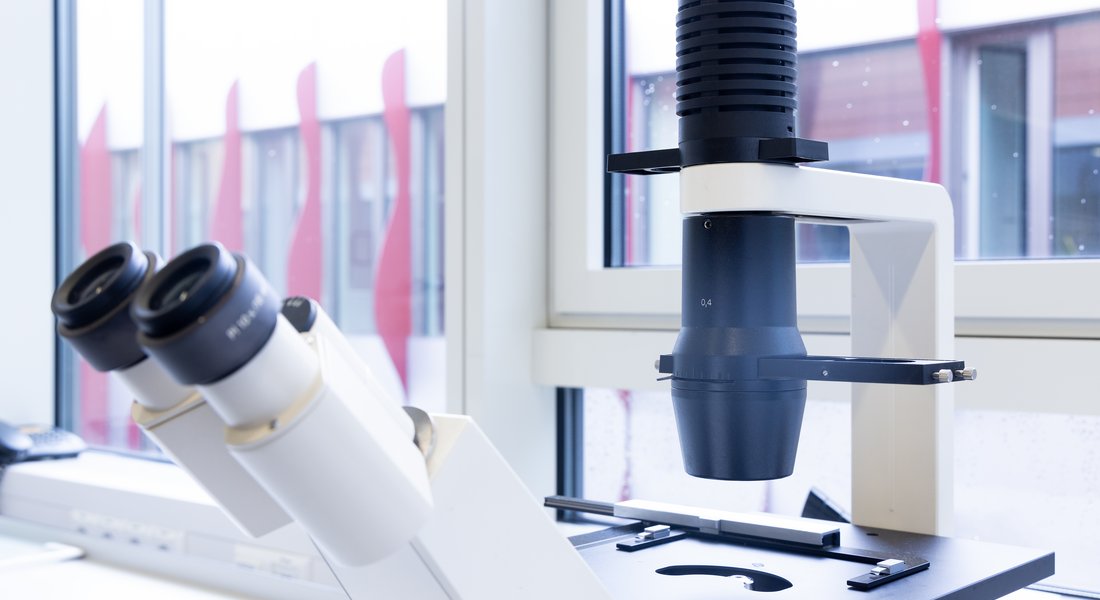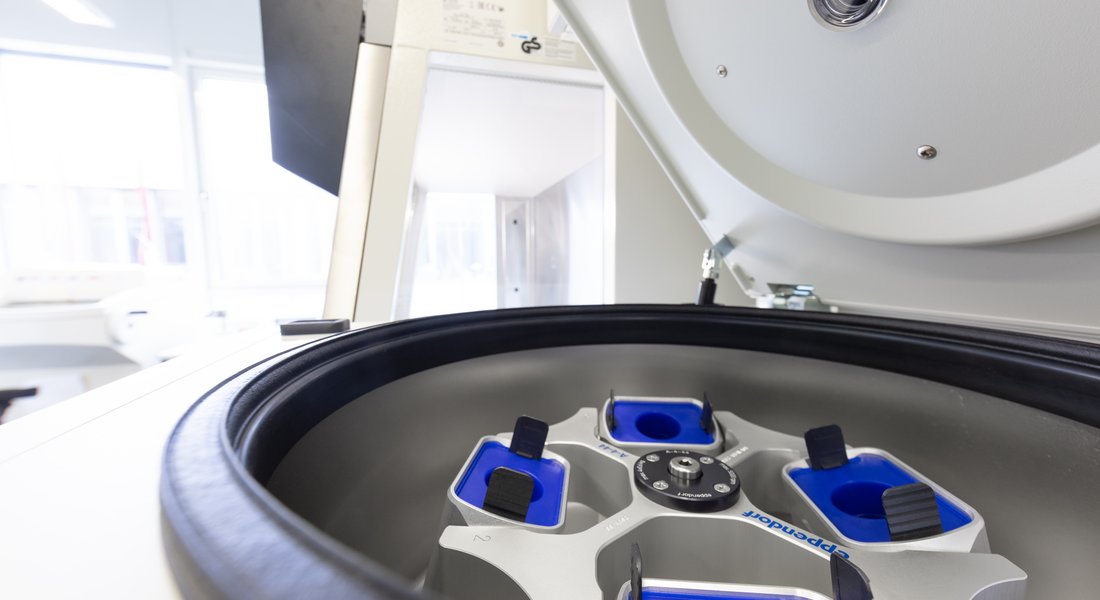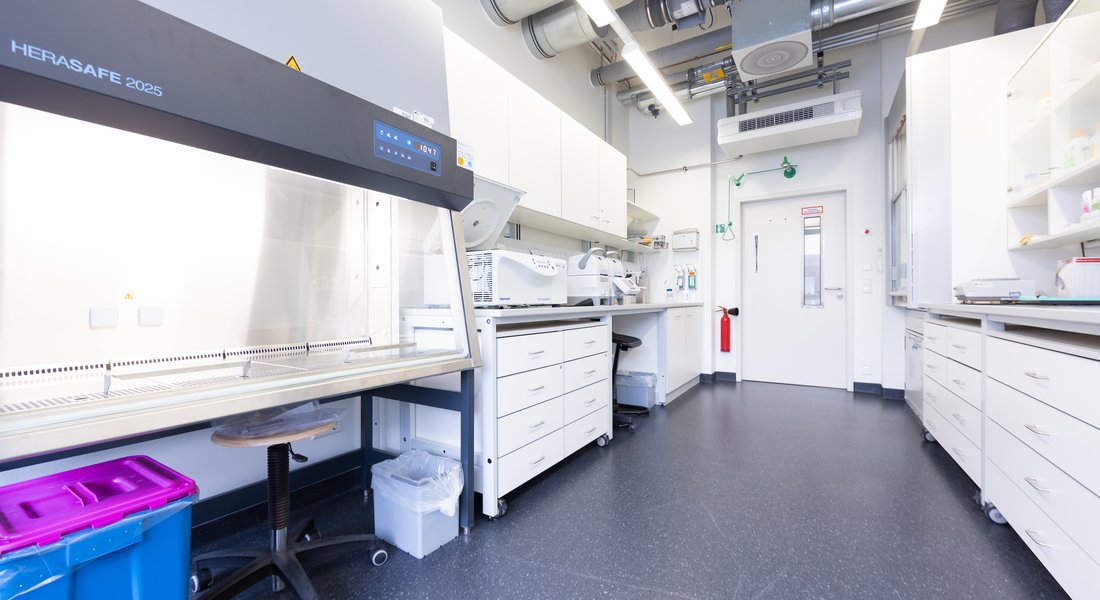Our research is dedicated to understanding the crucial role of the human microbiome in cancer and cancer immunotherapy. We focus on the cellular and molecular interactions between the human microbiome, the gastrointestinal mucosa, and the immune system, investigating how microbiota modulates intestinal epithelia and immune cells.
Microbial diversity is a strong predictor of efficacy and toxicity in cancer immunotherapy. Our research is driven by the potential to enhance cancer immunotherapy by exploring how bacteria modulate this effect and uncovering the molecular mechanisms underlying them. We are particularly interested in microbial products that protect the intestinal epithelium, potentially mitigating toxicities in cancer immunotherapy and others that can boost anti-tumor immune responses and enhance immunotherapy.
Our research, as part of the collaborative research center 1371, a DFG-funded consortium, aims to develop microbiome-based therapies by combining clinical expertise in hematological malignancies and immunotherapies with the rigorous collection of human bio-samples, matching clinical data and integration into cutting-edge analytical pipelines. Microbiome-based therapies have the potential to significantly improve clinical outcomes in patients receiving immunotherapy.







 Blut spenden
Blut spenden
 Anreise
Anreise
 Veranstaltungen
Veranstaltungen
 Kontakt
Kontakt
 Presse
Presse



